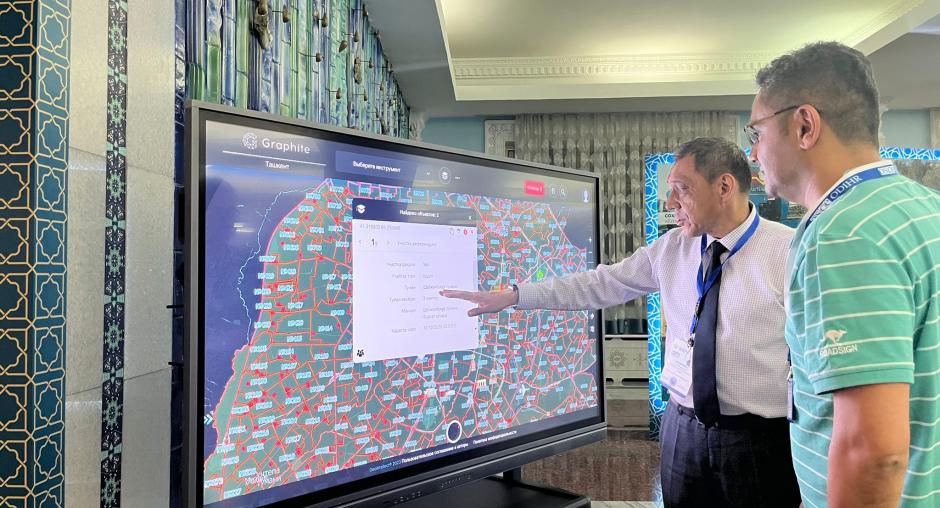Uzbekistan’s constitutional referendum seen as continuation of reforms but process weakened by lack of genuine pluralism, international observers say

TASHKENT, 1 May 2023 – Uzbekistan’s constitutional referendum was technically well prepared and widely promoted as a move to enhance various rights and freedoms, but it took place in an environment that fell short of genuine political pluralism and competition, international observers from the OSCE Office for Democratic Institutions and Human Rights (ODIHR) said in a statement today.
The referendum was tabled as a continuation of broader reforms and the consultation process was comprehensive overall, but it lacked open debate on some contentious issues. There was no organized opposition to the amendments, and altogether, the referendum process highlighted the need to further encourage alternative political views, respect fundamental freedoms, and provide opportunities for an independent civil society to develop.
“Recent reforms have brought welcome changes that improve some areas, but they have not yet resulted in genuine political pluralism where different views are always taken into account,” said Ambassador Albert Jónsson, head of the ODIHR observation mission. “There is still a way to go before fundamental rights such as freedom of speech, assembly or association are fully respected.”
Almost 20 million people were registered to vote in yesterday’s referendum. While some technical improvements to the legal framework were introduced in keeping with previous ODIHR recommendations, additional efforts are needed to bring it in line with international norms to adequately regulate key aspects of the process, the observers said. These include the rules covering campaigning, campaign finance, impartial information for voters, the involvement by public authorities in the campaign, and the need for balanced media coverage.
The national election administration managed technical preparations for the referendum efficiently, but the neutrality and independence of lower-level commissions was of concern. Although the proposed amendments affect as much as two thirds of the constitution, they were voted on as a single package, which meant that voters did not have the opportunity to make a choice on each separate issue. Observers did not observe referendum day proceedings systematically or comprehensively. The voting process was calm. However, key safeguards were ignored and cases of ballot box stuffing were observed, which undermined the integrity of the proceedings as a whole.
While several of the changes being voted on were considered an improvement leading to greater gender equality and increased social assistance to citizens, observers also noted concerns over the lack of debate about a number of contentious issues. The “yes” campaign of public officials and parliamentary parties was in accord with the government promotion of the amendments, blurring the distinction between party and state. As well as cases of pressure on the public to participate in promotional events, observers noted widespread misuse of administrative resources.
The news coverage of the state promotion of the referendum across the country was positive, with no alternative opinions presented. While the tone of the online media was less promotional, critical reporting remained absent there too and overall voters were not provided with impartial and balanced information by the media. The online space has opened up slightly in recent years, allowing for some critical coverage of local government and social issues, yet self-censorship remains pervasive.
ODIHR’s limited referendum observation mission took up its work on 27 March and will end on 9 May. The mission included a core team of experts based in the capital as well as 14 long-term observers spread out across the country.
For more information, please contact:
Katya Andrusz, ODIHR: +48 609 522 266 or katya.andrusz@odihr.pl
